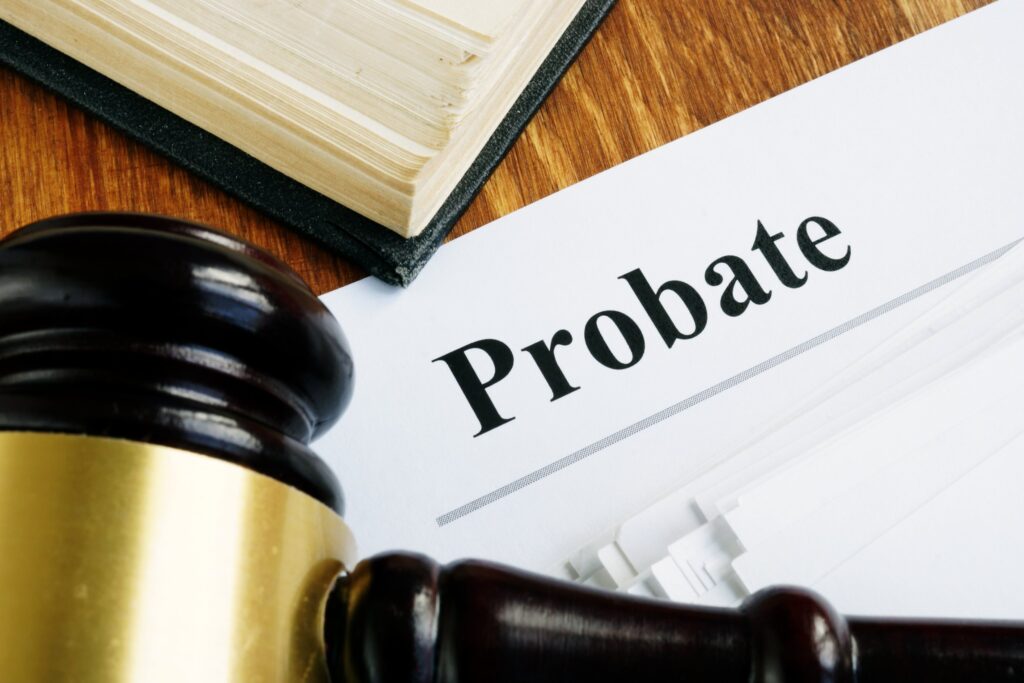Probate is a legal process that involves the validation and administration of the assets of a deceased person and the determination of beneficiaries. It ensures a seamless estate distribution to the deceased’s legal beneficiaries.
Discussing probate may be the last thing you might want to do during an emotionally overwhelming situation, like a death in the family. Luckily, you don’t have to do it all alone. You can consult with a respected probate lawyer to help you navigate through the process quickly and efficiently.

How Does Probate Work?
As discussed, probate encompasses the analysis and transfer regulation of estate assets that the deceased person previously owned. Thus, when a property owner dies, their valuable assets are reviewed by the court, which provides the final verdict on the splitting and issuance of the assets to its beneficiaries. The process typically begins with the investigation of a will — whether the deceased person has provided a legal will or not.
In most cases, individuals take the assistance of their lawyer to establish documentation containing instructions on how their assets should be allotted after their death. However, in other cases, the deceased does not leave a will. Here’s how the proceeding occurs in both situations.
Probate with a Will
A will is a legal document expressing an individual’s wish as to how their assets should be distributed after their death and appointing guardians for their minor children. Thus, it allows you to communicate your wishes precisely and explicitly state who should manage your property until its final distribution.
For instance, when an individual dies, the executor (typically a family member) is responsible for carrying out the probate proceedings and presenting the will to the court. Different states can have distinct rules for the filing timeframes as it initiates the probate process.
The probate process involves litigation, where the court officially appoints an executor named in the will and gives them the legal power to act on behalf of the deceased. Consider hiring a respected probate lawyer to ensure easy documentation of your will and distribution of assets to your loved ones.
Probate Without a Will
Where an individual dies without a will, their property comes to be known as an intestate estate. The probate proceedings for an intestate property encompass the distribution of the decedent’s assets according to state laws. However, probate will not be necessary if a deceased person has no estate property.
Typically, an intestate proceeding begins with appointing an administrator who oversees the deceased’s estate. The administrator locates any legal heirs of the deceased, including surviving spouses, children, and parents. And the intestate succession statute determines how to apportion the assets amongst its legal heirs.
One of the ideal ways to ensure hassle-free allotment of your assets to your loved ones is by hiring a well-experienced probate lawyer. Their extensive experience in the industry will ensure you reliable services and seamless estate distribution post your demise.
About us
It is best to find the most appropriate solutions to your problems or concerns with the assistance of an experienced law firm. Look no further than The Hill Group if you need top-notch services associated with several practice areas, including Medicaid planning, estate planning, elder law, special needs planning, and estate administration.
For any inquiries, call us at (814) 245-3832 or send your message on our contact form.


Leave A Comment
You must be logged in to post a comment.